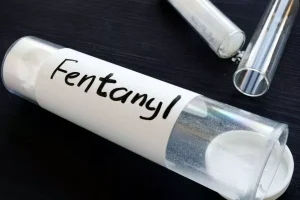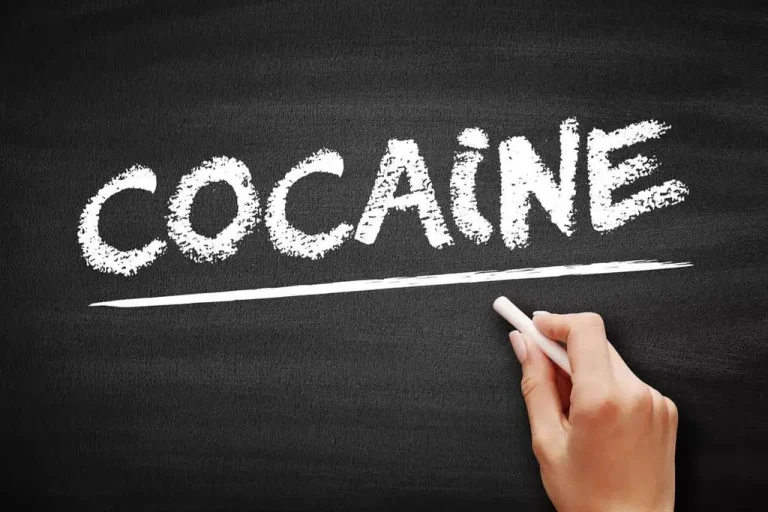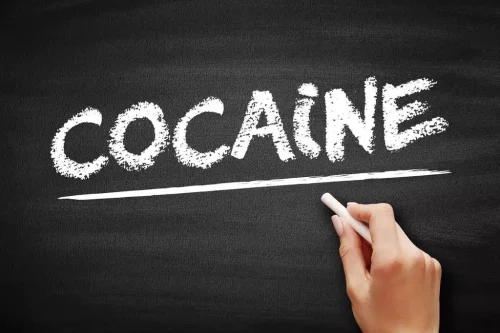
A more serious side effect of heavy drinking is a yellowish tint in the whites of your eyes. This is a sign of jaundice and the beginnings of liver disease or cirrhosis. Alcohol flush is a type of alcohol intolerance that happens because of an enzyme mutation in the body. People who experience this side effect have a mutation of aldehyde dehydrogenase 2 (ALDH2), a detoxifying acetaldehyde. Binge drinking is defined as 4 or more drinks for women or 5 or more drinks for men on one occasion.
Why Excessive Drinking Causes Facial Changes
Over time, this can contribute to the prominence of rhinophyma in individuals predisposed to the condition. Excess alcohol consumption can also cause psoriasis, a condition that results in flaky and itchy skin. If you are prone to other skin conditions such as eczema, alcohol can worsen them.
- We understand that substance abuse is often a way of coping with trauma, challenging experiences, and other emotional distress.
- Nasal vestibulitis is an infection that affects the inside of your nostrils.
- If you or a loved one are experiencing side effects related to alcohol abuse and addiction, help is available.
- Contact dermatitis will often clear up on its own in a few weeks as long as you avoid the substance that caused it.
- Alcohol alternatives like Surely non-alcoholic wine are a great way to give your skin a break while sipping on something delicious.
- The term ‘alcoholic nose” or “drinker’s nose” refers to the skin disorder rhinophyma.
Causes of Redness Around the Nose and What to Do About It
We are dedicated to transforming the despair of addiction into a purposeful life of confidence, self-respect and happiness. We want to give recovering addicts the tools to return to the outside world completely substance-free and successful. However, alcohol use disorder is treatable with detox, inpatient rehab programs, and other treatment services. Common treatment options include medication, behavioral therapies, and 12-step support groups. However, alcohol addiction can cause a person to neglect their health, which can mean side effects on any pre-existing health conditions, including rosacea. If you’re looking for information about the condition known as alcoholic nose or drinker’s nose, here are answers to some of the most frequently asked questions.
Atopic Dermatitis (Eczema)

Sunburn goes away fairly quickly on its own, but in the meantime, you can use soothing products to help make redness less visible. Pure aloe vera gel and calamine lotion are good first lines of treatment for mild sunburn under your nose. There’s no cure for this chronic skin condition, and it can be extremely difficult to treat. Some patients have had luck using ablative lasers and resurfacing procedures. Scented tissues, fragrances, and skin care products are possible triggers of allergic contact dermatitis around your nose.
- Rhinophyma causes the nose to become even more disfigured due to the progressive dilation of the nasal vessels as well as the involvement of cysts and pustules.
- This typically results in the eyes becoming swollen and red in appearance.
Treating Skin Cancer

ENT surgeons are versed in multiple techniques that can reduce the overgrowth of tissue while preserving the Alcoholics Anonymous underlying cartilage. Sometimes, the enlargement can return after treatment, but surgical treatments can be repeated as needed. If you’re concerned that you or someone you know is drinking too much alcohol, Georgetown Behavioral Hospital near Cincinnati, Ohio can help.
- They can make it harder for your body to produce collagen, a key component of healthy skin cycles, and for your skin to heal after any kind of trauma.
- People can also develop allergies to products they have previously used for a long time without any previous problems.
- Before discussing potential treatment options for alcoholic nose, it is important to understand whether or not alcohol itself is truly to blame.
- As part of the Nurses Health Study II, researchers looked for an association between new cases of psoriasis and alcohol use 4.
- Topical steroids and oral antihistamines can treat the symptoms, and antibiotics might be needed if the infection doesn’t get better.
Due to the symptoms of rhinophyma, people often believed this condition was caused by alcoholism. Moderate alcohol consumption is usually considered one or two drinks a day for men or one drink a day for women. If you drink more than that on a regular basis or frequently participate in https://ecosoberhouse.com/ binge drinking, five or more drinks a session, your excessive drinking may cause alcohol problems. Alcohol misuse can result in a variety of skin disorders because it interferes with immune functions to promote skin diseases, such as acne and psoriasis. Drinking alcohol can worsen symptoms of rhinophyma, a skin condition that causes a red and bumpy nose. However, despite its name, there is no evidence that alcohol abuse is a cause of alcoholic nose.

Excessive drinking has numerous impacts on your body and mind, ranging from mild to severe. Learn which signs to look out for, and how to care for your well-being. From your initial assessment to discharge planning, our compassionate care staff will be there for you. Our care specialists are ready to assist with acute mental health crises and co-occurring mental health disorders. After treatment, we will work with you to ensure a smooth transition to less intensive, supplementary levels of care. At Georgetown Behavioral Hospital, you can take your addiction recovery journey one step at a time.

During your time in our inpatient rehab setting, you will learn effective coping strategies to handle life’s daily stressors without using substances. Allergies to skincare and cosmetic products may irritate the skin’s surface, red spots on nose from drinking leaving it dry, discolored, flaky, or itchy. Treatment for acne includes topical acne medications, oral antibiotics isotretinoin, steroid injections, chemical peels, and hormonal contraceptives.
